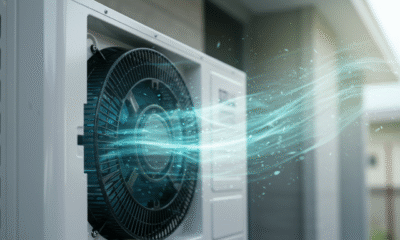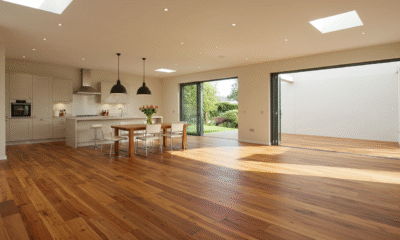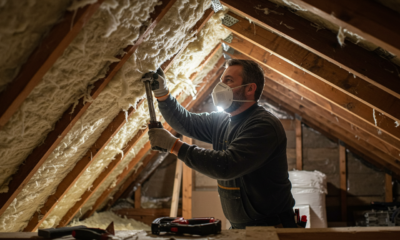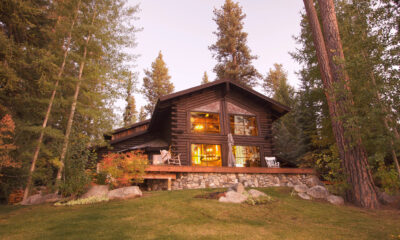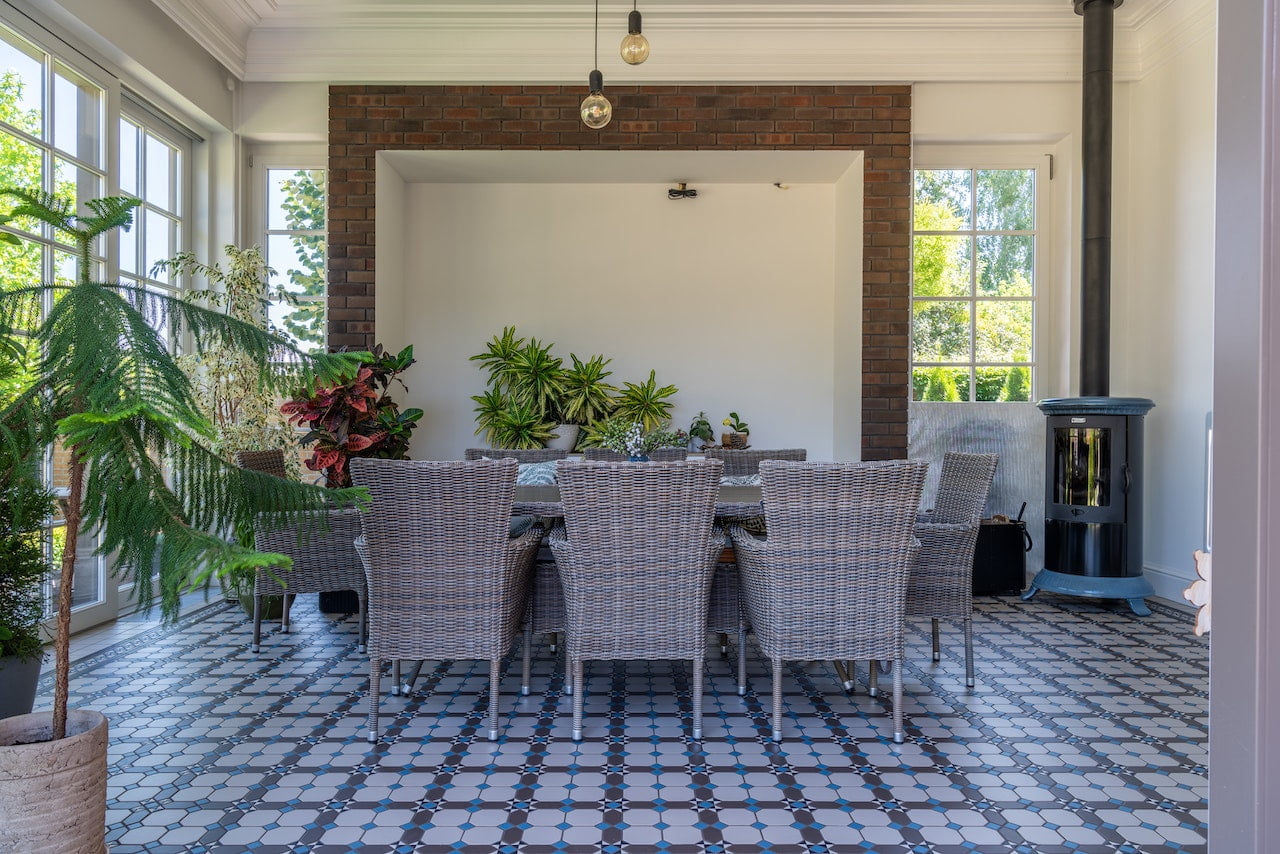
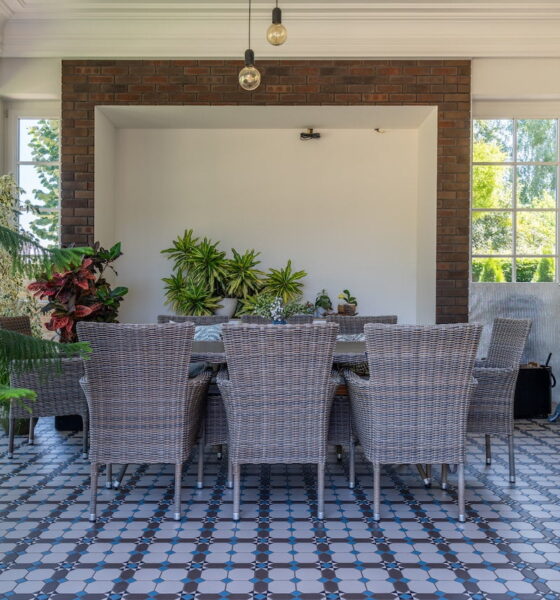
Features
Renters Pay More for Eco-Friendly Properties: Here’s Why
Some tenant desires and renting behaviors are easy to predict and understand. For example, it’s obvious why a tenant would pay more to live in a safer neighborhood, or in an area with a better school district.
Some tenant desires and renting behaviors are less obviously explicable. For example, according to one recent survey, 61 percent of renters were willing to pay more for an “eco-friendly” property.
Why is this the case? And how can you utilize this information?
Why Renters Pay More for Eco-Friendly Properties
There are several potential explanations for why renters would be willing to pay more for properties they view as environmentally friendly. Some or all of these may be in play for renters willing to pay this premium.
- Morality and clean consciences. Some people perceive environmental friendliness as a moral issue and therefore believe living in an environmentally friendly property is the ideal way to live a life. This pursuit allows them to remain in good alignment with their personal ethics and live with clean consciences. They can rest easy knowing that their environmental impact is at an absolute minimum and that they’re doing their part to save the planet.
- Guilt-free utility usage. Along similar lines, most of us have a genuine desire to use fewer utilities, not only to protect the environment but also to reduce our utility bills. Having a property equipped with clean energy sources and better tools to maximize utility usage means you can use utilities on a daily basis guilt-free. It’s still a good practice to set reasonable thermostat temperatures and avoid wasting resources like water, but you have more flexibility if you have eco-friendly options.
- Public image and bragging rights. Some people may be interested in living in an environmentally friendly property so that they can improve their public image or attain some form of bragging rights. If your apartment is eco-friendly, and all your friends are serious about minimizing their environmental impact, it’s possible they’ll respect you and like you even more.
- Desire for specific amenities. It’s also possible that some renters are looking for environmentally friendly apartments simply because they desire specific amenities, like smart home features or access to more energy efficient appliances.
A Small Caveat
There’s one important caveat to note here. Not all demographics looking for a new place to live are going to be similarly interested in environmentally friendly features. As you might imagine, some cities are more demanding than others when it comes to environmental friendliness. Keep this in mind when upgrading and marketing your property.
What Is an Eco-Friendly Property?
What is an eco-friendly property, anyway?
There are several elements worth considering:
- Small sizes. The tiny house movement started because small houses have a much smaller environmental footprint. They require less energy, they encourage less consumption, and they take up less space.
- Clean energy sources. The most environmentally friendly homes are ones outfitted with clean energy sources. As a simple example, including a bank of solar panels on the roof of the house can instantly make it less reliant on the existing electricity grid.
- Sustainable landscaping. Whether you do the landscaping work through a property manager, a secondary landscaper, or through your own actions, you’ll also need to consider sustainable landscaping. Environmentally friendly landscaping leans heavily on native species of plants and minimizes the need for ongoing watering.
- Efficient appliances. Ideally, an eco-friendly property will have access to highly efficient appliances. These modern appliances use less energy and fewer resources than their antiquated counterparts.
- Insulation and less susceptibility to weather. One of the biggest sources of energy expenditure for a given property is heating and cooling. Our utility bills tend to skyrocket in the hottest months of summer and the coldest months of winter because of this. You can mitigate this energy expenditure by upgrading the insulation at the property, investing in better, more modern windows, and sealing any cracks and holes that you find.
- Smart home controls. Most environmentally friendly homes now have at least some access to smart home controls, which allow tenants to have more precise and consistent control over the internal climate.
- Green leasing options. Green leases are new solutions that some landlords are looking into.
As an added bonus, the property will be more attractive if it’s in a city that’s already considered highly sustainable. Some renters will specifically look for properties that have access to bike paths, natural resources, and low levels of pollution.
You can also try using occupancy monitoring to maximize the benefits of eco-friendly rental management.
Making the Upgrade
If your property isn’t currently eco-friendly, it may or may not be worth it to make all these upgrades. Depending on the nature of your property, and its current location, some of these upgrades may be downright impossible.
That said, almost any upgrade you make to your property to improve its environmental friendliness should play out in your favor. Just make sure you market these amenities appropriately so you can appeal to the right demographics.

